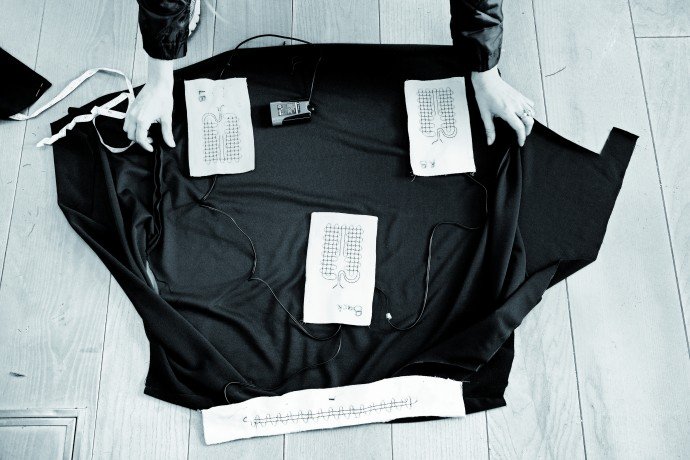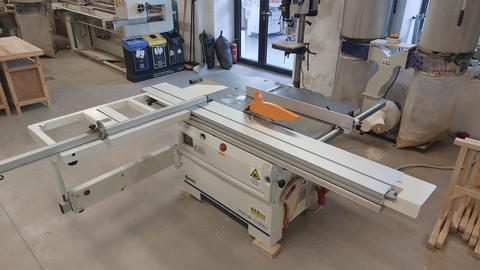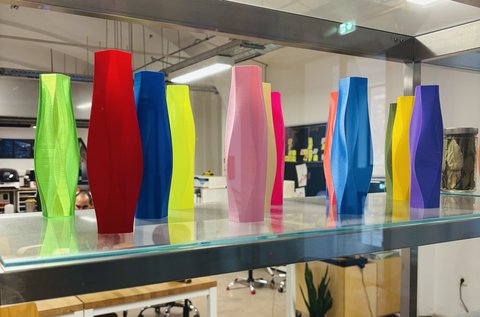Design (Dis)Ability – Selection of products and prototypes

The DESIGN (DIS)ABILITY project is embedded in the cultural discourse, addressing fashion as a characteristically urban expression of individuality that remains largely unavailable to many individuals with physical disabilities.
Despite the fact that people with physical disabilities represent 10 percent of the European populations they are, nevertheless, largely underrepresented in both arts and culture. Similarly, most of the few fashion labels that do provide for this user group are small. The fashion industry, based largely on an ideology that celebrates glamour and the perfect body, is therefore particularly challenging to connect with and explore in relation to issues of disability. Most of the few fashion accessories available on the market are essentially utilitarian, originally designed either for people without disabilities or as basic medical devices.
The idea to develop a brand that would speak to this community is the result of a comprehensive process conceived by RogLab (Museum and Galleries of Ljubljana) and Culturemaker Institute. In spring 2014 we announced an international creative challenge we called DESIGN (DIS)ABILITY in collaboration with YHD, the Association for Theory and Culture of Handicap. The results of the competition provided valuable feedback on design for users with physical disabilities and produced two outstanding prototypes, testifying to the fact that there are designers out there who are willing to tackle complex challenges.
Through our discussions with both international and domestic expert partners and users we came to the conclusion that the limited number of fashionable products for people with physical disabilities is largely due to cultural prejudices that are indirectly associated with the very global fashion system that feeds or fuels them. Given that the professionals invested in these various efforts are scattered around the world we decided early on to develop the project in an international context. We turned to the Open Style Lab at the Massachusetts Institute of Technology, which specialises in developing high-tech clothing and accessory equipment for people with motor and sensory impairments. In collaboration with our American colleagues we created the concept for a collaborative product workshop. In the course of the resulting workshop we developed, in close cooperation with users, concrete products that serve as telling examples of the challenges that come with attempts to integrate design, physical disabilities and advanced assistive technologies, and showed how they can be addressed creatively. Through an international call for solutions we selected eight designers and engineers from six different countries who met in Ljubljana after a month-long online preparation workshop, and created six exceptional fashion accessory prototypes over a handful of days, from 31 March through 3 April, 2015. Engineer Grace Teo from MIT and designer Sanja Grcić led the process, which involved both volunteers with physical disabilities and numerous partner organizations.
At the final exhibition we presented on product and seven prototypes of garments and fashion accessories that were created over the two-year-long development process.
Adaptive clothing fashion for users with physical disabilitites is only beginning to take hold and evolve, but is fast gaining momentum and opening up a whole new and highly compelling market potential.
Supported by: Ministry of Culture of the RS, Municipality of Ljubljana – Deprtment of Culture, Embassy of the United States of America
See more
Dead Stock

David Tavčar se kot oblikovalec zaveda svoje odgovornosti. Verjame namreč, da je z dobro načrtovanim oblikovalskim delom mogoče doprinesti k proizvodnim procesom in tudi k procesu proizvodnje surovin. Delo oblikovalca okolju ne sme povzr...




